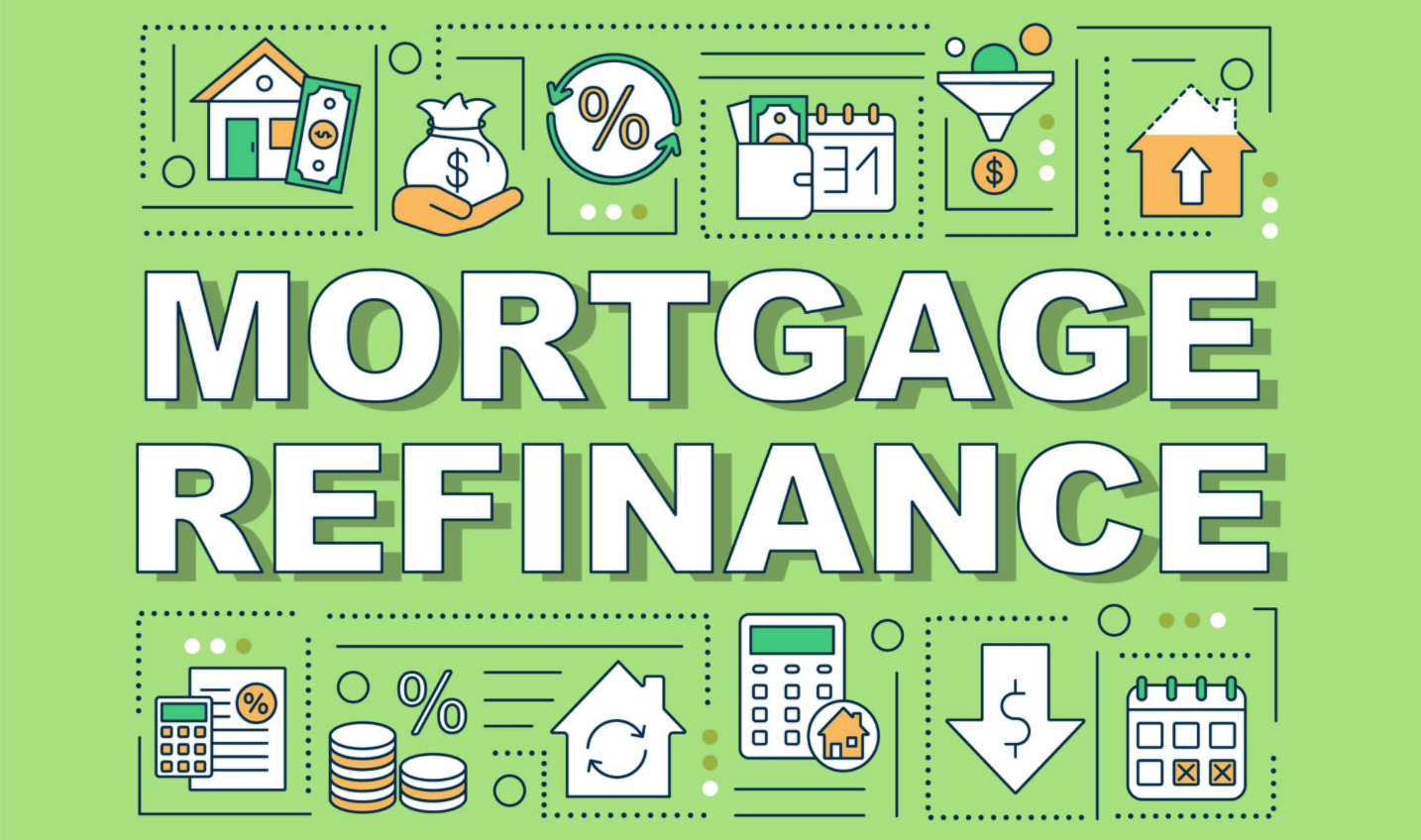Frequently Asked Mortgage-Refinance Questions
A Mortgage Refinance is a process to replace your current loan with a new mortgage. If you are looking to reduce your interest rate, lower your monthly payments, or switch your mortgage program, you may consider refinancing.
You may also have the option to obtain cash to finance a home improvement project or retire an expensive debt by using cash-out refinance. Here are a few frequently asked questions that will offer you more insights into a mortgage refinance.
Is a mortgage refinance useful only if I intend to continue living in my home for at least a few more years?
Mortgage refinance will have some costs associated with it, such as fees, closing costs, and taxes. Therefore, it is prudent to estimate how much time it will take to break-even your costs when you refinance. In other words, you should know how long it may take until the monthly savings achieved through refinancing can offset your costs to refinance.
The Consumer Financial Protection Bureau (CFPB) recommends that you should evaluate the time it would take for your potential savings through a refinance to pay for the refinancing costs. If you are planning to sell your home before your costs are recovered, the whole exercise may not be worthwhile if your goal is to save on long-term interest costs.
Will a lender consider my credit score for a mortgage refinance?
Yes, most lenders will look at your credit score before approving your refinance. Moreover, the credit score is also likely to affect the new interest rate that you may be offered. The general rule of thumb is that a higher credit score will help you receive a lower rate of interest.
In other words, credit score can impact refinancing in a similar way as it did when you took out the original mortgage. Following your original mortgage, if you find that your current credit score has declined for any reason, you should be prepared to pay a higher interest rate. Looking at these possibilities, make sure you objectively calculate the potential financial benefit of a mortgage refinances in your case.
Do I need to consider my current loan balance?
You should consider your remaining mortgage balance before you commit to a new loan. For example, if you are seeking to refinance in your 16th year of a 30-year mortgage, you might want to evaluate your refinancing options with a shorter loan term. This may be feasible if you can afford to pay your loan faster and want to maximize your interest cost savings.
Can I refinance to cancel PMI?
Canceling of private mortgage insurance (PMI) could be possible with many lenders when the mortgage has been paid down to at least 80% of the property value. However, if the cancellation of PMI is not an option in your case, you might consider mortgage refinance (provided you have 20% home equity).
Will refinancing require an appraisal?
An appraisal may not be necessary in every case. It usually depends on what type of refinancing and what type of loan program you have. Talk to your mortgage advisor during the refinance process regarding your appraisal options.
What documents should I prepare for a refinance?
You should have your bank statements, pay stubs, tax returns, credit report copy, and details of any outstanding loans and debts (such as car loan, student loan, credit card debt, child support, spousal support, etc.) with you. Your lender may require these documents to review your application.
Can I refinance an FHA, VA, USDA, or Jumbo loans?
Yes, the option to refinance may be available on these loans. Furthermore, you may consider a streamline refinance program if you presently have an FHA, VA, USDA, or Jumbo loan. Streamline refinance programs, as the name suggests, provide a simpler approval process. Many of the requirements for a standard refinance programs (such as a review of your current income and credit as well as appraisal) may be avoided or reduced. However, cash-out refinances may not be available with streamline refinance loans.
Can I refinance even if I have a second mortgage?
Yes, you may be able to use a mortgage refinance to replace your first and second loans with a single mortgage. If you have a home equity loan or HELOC, you may have the option to retain it while you only refinance the first mortgage. At the start of your refinance process, remember to inform your loan officer about the home equity loan or HELOC.
Prime Choice Funding is here for you. If you are planning to purchase a new home or refinance your existing home, we can help with your homeownership goals, call us at (877) 787-7463 or contact us here.



